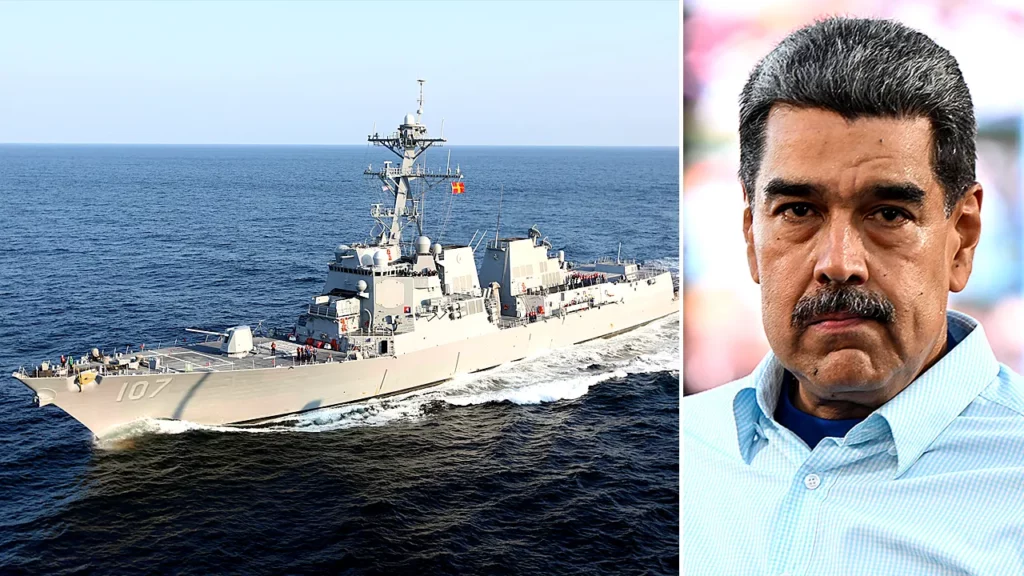The Trump administration has reportedly approved military strikes on targets inside Venezuela as part of its intensified campaign against Latin American drug trafficking, according to multiple U.S. officials and intelligence sources familiar with the planning.
The authorization follows prior U.S. naval operations in the Caribbean and is seen as a significant shift toward direct confrontation with the government of Nicolás Maduro—raising concerns of broader regional conflict.
In recent weeks, Trump publicly confirmed that he had empowered the Central Intelligence Agency (CIA) to conduct covert lethal operations within Venezuela’s borders. According to sources, the U.S. military is now preparing options for precision air-strikes on suspected cartel facilities and trafficking routes on Venezuelan soil, with operations possibly launching within weeks.
This development builds on earlier operations: since early September, at least 14 U.S. military strikes on vessels in the Caribbean Sea and the Eastern Pacific are reported to have killed at least 61 people. U.S. officials say the operations are aimed at disrupting narcotics supply flows and have characterized the campaign as part of a “non-international armed conflict” with drug cartels.
The United States has also significantly increased its military presence in the region. Assets deployed include guided-missile destroyers, F-35 jets, a nuclear submarine, B-52 bombers and approximately 6,500 troops, according to multiple reports. The buildup signals readiness for escalation beyond maritime interdiction into potential strikes on land. Analysts say the U.S. may seek not only to dismantle trafficking networks but also to pressure the Maduro regime.
President Maduro has condemned U.S. operations as “imperialist aggression” and has declared a “popular war of resistance.” Caracas has appealed to the United Nations Security Council, arguing the strikes violate international law and Venezuela’s sovereignty.
Meanwhile, international and domestic legal experts raise significant concerns. Questions focus on the evidentiary basis for the strikes, the legal authority invoked by the U.S., and whether the operations comply with the War Powers Resolution and the U.N. Charter. For example, the U.N. human-rights chief recently warned that U.S. military strikes on suspected drug-trafficking boats are “unacceptable” violations of international law.
On Capitol Hill, the operations have sparked partisan controversy. On October 30, a Democratic senator stated that the administration excluded minority party members from briefings on the South American operations, calling this a “dangerous breach of oversight.”
Legal scholars note the administration’s approach may be stretching United States and international law. The designation of cartels as “terrorist organizations,” and claims the U.S. faces an armed conflict with them, are unprecedented in this context.
As of now, no ground invasion of Venezuelan territory has been reported. But with high-profile assets massed offshore and the U.S. preparing options for land strikes, the region remains on edge. Observers say the coming days could reshape U.S.–Latin American relations; for now, policymakers in Washington are weighing the risks of escalation against the stated aim of disrupting narcotics flows into the United States.
(YWN World Headquarters – NYC)












One Response
President peace has been itching to start military conflict since he got back into office. Doesn’t matter where, Greenland, American cities, now Venezuela. Murdering people without an iota of evidence.